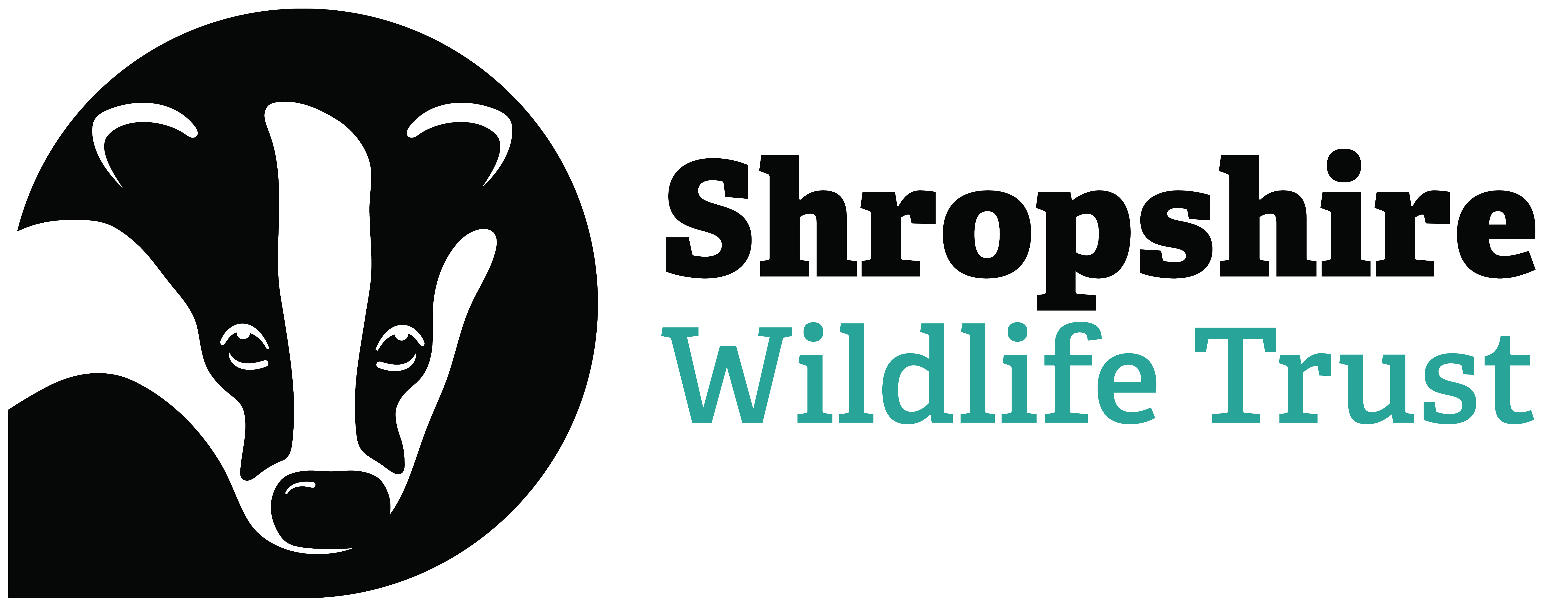Today, leading wildlife organisations, including Shropshire Wildlife Trust, publish a landmark State of Nature 2023 report. It shows that nature is continuing to decline at an alarming rate across the UK, which is already one of the most nature-depleted countries in the world.
The State of Nature 2023 report shows:
- One in six species is now at risk of being lost from Great Britain
- The wildlife studied has, on average, declined by 19% since monitoring began in 1970
- Most important habitats are in poor condition, though restoration projects have clear benefits for nature, people and adapting to climate change
People’s concern about nature loss, climate change and degraded wild places is a significant voting issue. The Wildlife Trusts are calling on politicians of all parties to commit to an ambitious programme of policies to support nature’s recovery.
In view of the nature crisis, The Wildlife Trusts have identified five priorities for politicians ahead of the next general election:
- Bring back the UK’s lost wildlife
The next UK Government must work across departments to put nature into recovery by protecting and restoring at least 30% of land and sea for nature by 2030. Beavers should be in every county, a nature recovery network should join up wild places, and damaging fishing practices – such as bottom trawling – must be banned.
- End river pollution and water scarcity
With the UK among the worst countries in Europe for water quality, the next Government must sufficiently fund enforcement agencies to do their job. By 2030, nutrient pollution from farming, sewage and development must be halved, there must be stronger protections for chalk streams, and more wetlands should be created to tackle flood and drought.
- Fund wildlife-friendly farming
The destruction of nature and impacts of climate change are the biggest threats to food security in the UK. Farmers must be supported and incentivised to help wildlife recover by creating more space for nature, significantly reducing pollution, and halving harm from pesticides by 2030. The budget for nature-friendly farming should increase to at least £4.4 billion a year.
- Enable healthy communities
More than a third of the population – nearly 9.5 million households in England – are unable to access green places near their home. Government must support the creation of more greenspace in neighbourhoods, fund and integrate green prescribing into community-based health services and enable all children to access outdoor learning opportunities.
- Tackle the climate emergency by protecting and restoring natural habitats
Nature can make a huge contribution to achieving net-zero targets if habitats are restored because peatlands, woodlands, and other wild places store carbon. Additionally, the next UK Government must integrate climate adaptation strategies across all departments, create a nature recovery network to help wildlife adapt to change, protect blue carbon stores from damage, and invest in energy efficiency.



